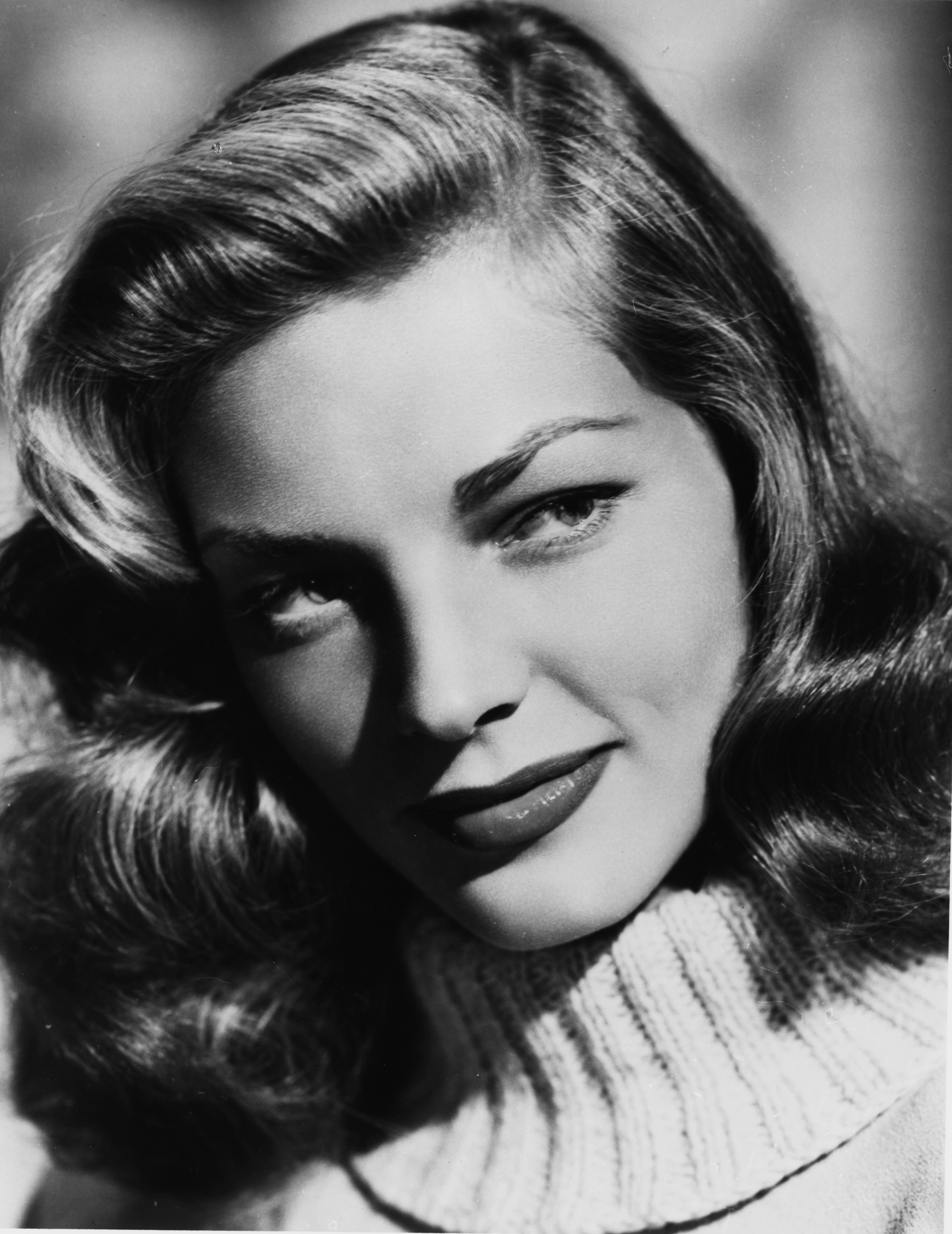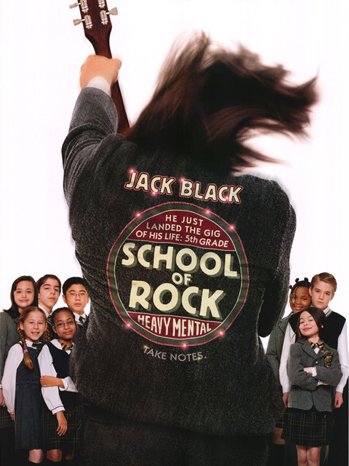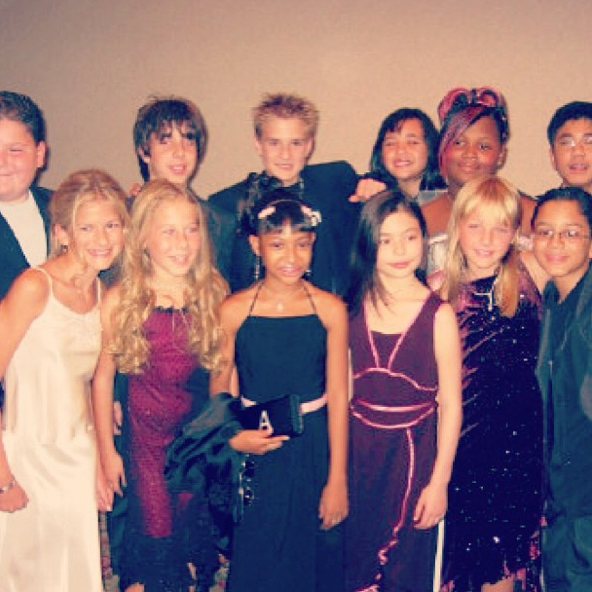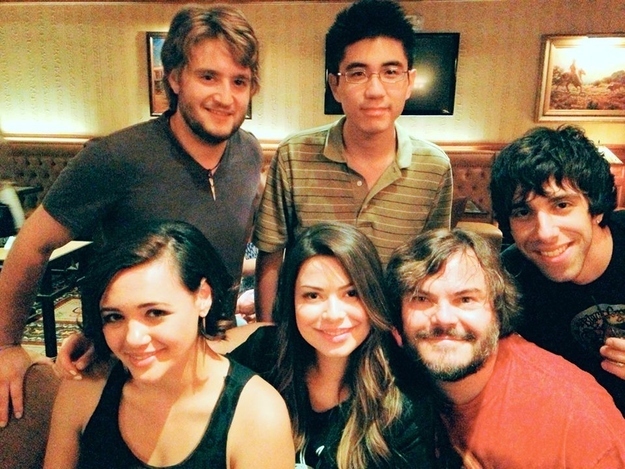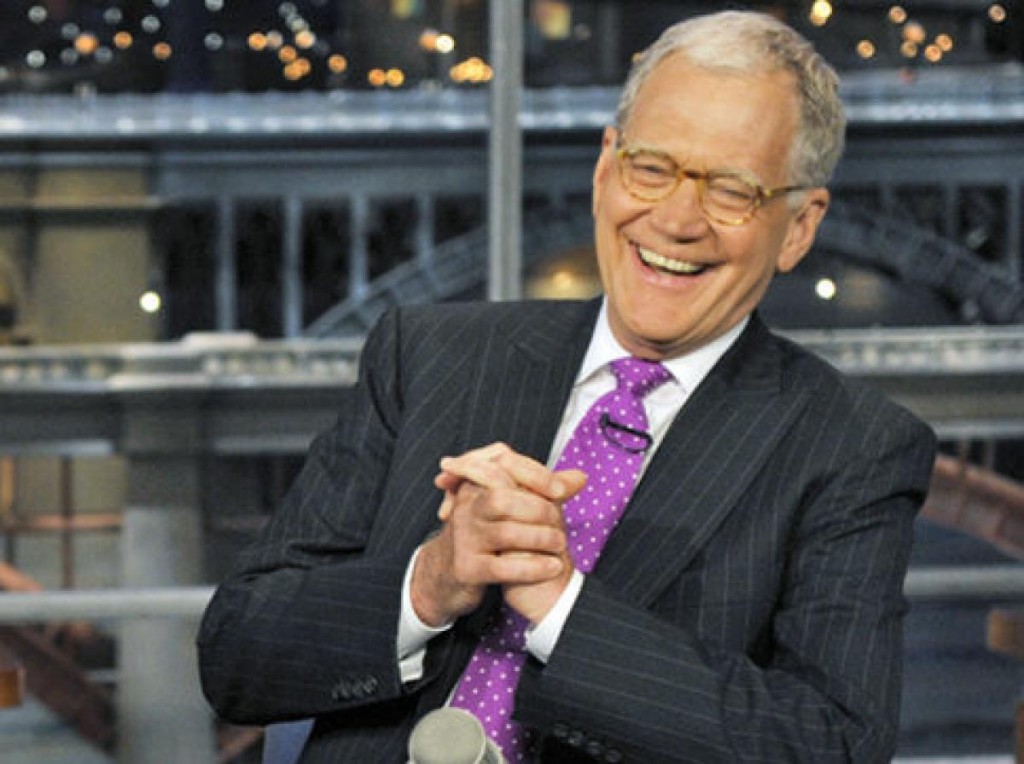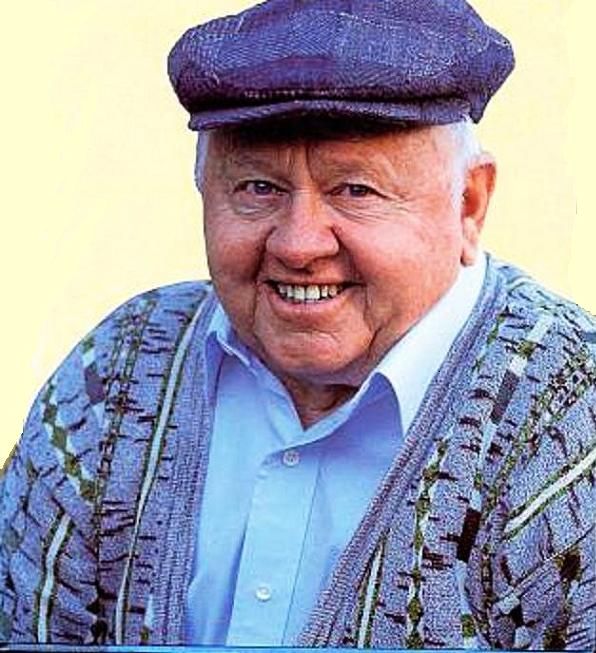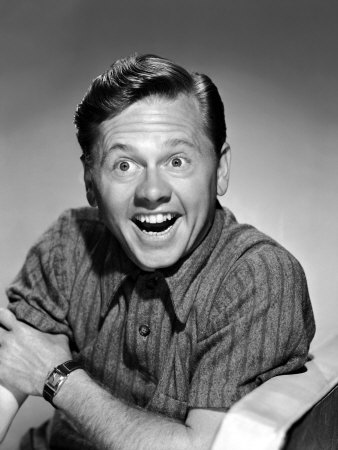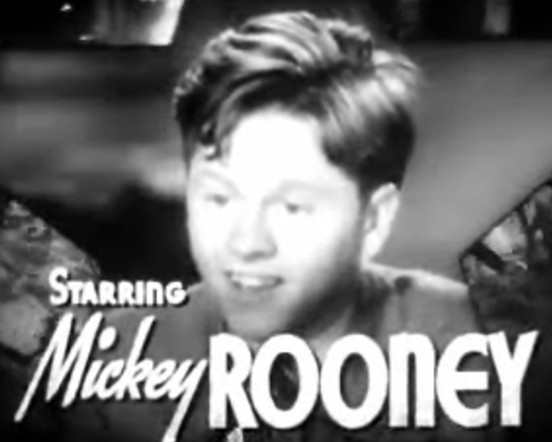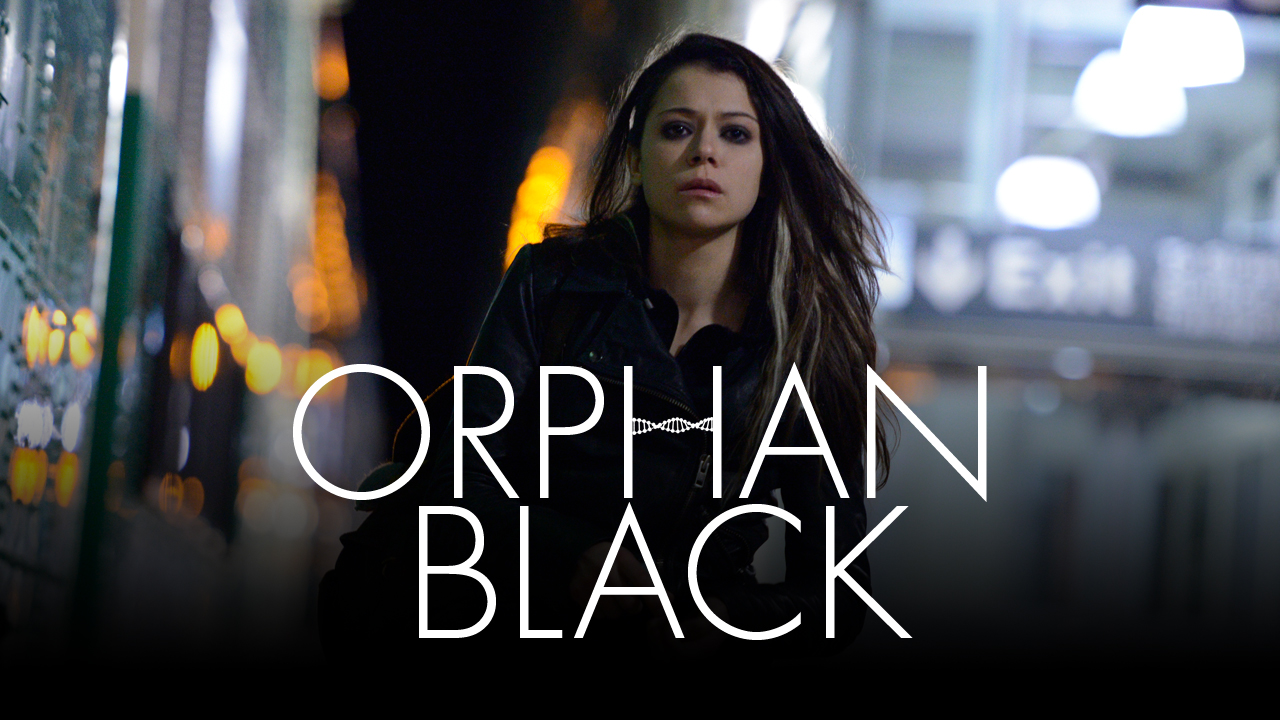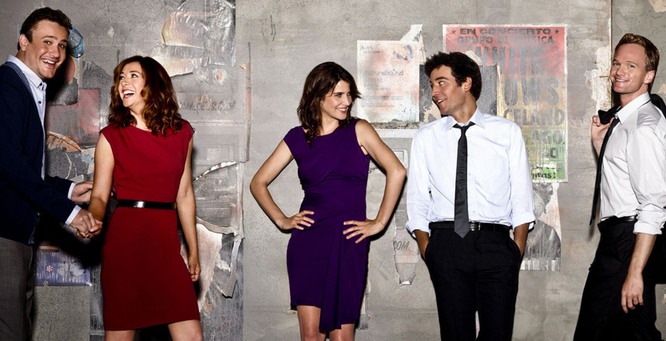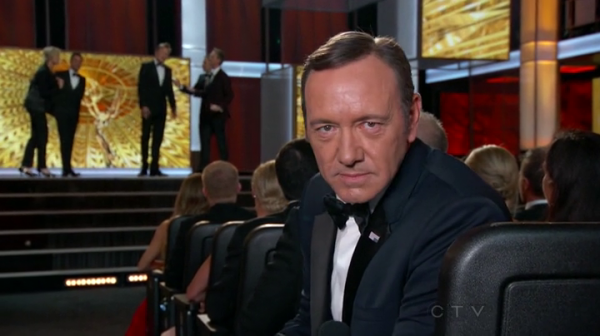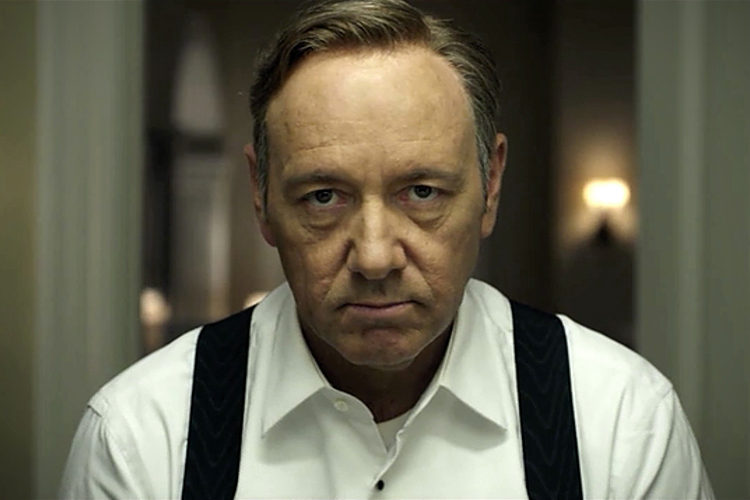SOURCE: Variety
Lauren Bacall, the sultry blonde siren who became an overnight star via a memorable film debut at age 19 opposite Humphrey Bogart in Howard Hawks’ “To Have and Have Not,” died Tuesday at her home of a suspected stroke. She was 89.
The Bogart estate tweeted the news.
Much later in life, she was Oscar-nommed for supporting actress for her role as Barbra Streisand’s mother in 1997’s “The Mirror Has Two Faces.”
Born Betty Joan Perske, “a nice Jewish girl from the Bronx,” she stunned audiences in the forever-after-famous “you know how to whistle” scene in the 1944 romance “To Have and Have Not,” in which she was as flirtatious as possible within the parameters of the Hays Code.
Audiences were impressed; her co-star, the 44-year-old Bogart, even more so. They were soon married and remained devoted to one another for the next 12 years, until Bogart’s death in 1956.
It wasn’t until almost 20 years later that Bacall would emerge from the shadow of being Bogart’s wife/widow and hit her stride, this time onstage, where she scored successes in the comedy “Cactus Flower” and then won two Tonys in musicals “Applause” and, later, “Woman of the Year.”
Her gravel-voiced, sultry persona, however, immediately transformed her into a celebrity. The voice was said to have come from a year shouting into a canyon. Regardless, “the Look,” her slinky, pouty-lipped head-lowered stare, influenced a generation of actresses.
That had less to do with her acting assignments than with her social and political reputation — lying long-legged on President Truman’s piano, bravely protesting with her husband against the House Un-American Activities hearings as early as 1947, campaigning for Adlai Stevenson (twice), or hosting the Rat Pack in Holmby Hills with Bogie and later, in New York, with another famous husband, actor Jason Robards Jr. It has been suggested that her career — she was under contract at Warners for several years — was harmed by her political outspokenness. Bogart did some of his best work in those years, but then, he was Bogart.
Her fierce independence caused her to be suspended from Warners no fewer than seven times. Backed by Bogart, she justifiably complained about the poor material she was handed. That independence sometimes crossed over into diva territory and became more pronounced as time passed.
At AMPAS’ first Governors Awards ceremony in November 2009, Bacall was one of four honorees. Anjelica Huston saluted her by quoting Bacall as saying, “Stardom isn’t a career, it’s an accident,” though Huston said Bacall’s ascendance was not accidental.
Bacall expressed surprise at her own career, saying, “It’s quite amazing the people I worked with — some of the all-time all-time greats.” And she admitted that when Hawks told her he wanted to pair her with either Bogart or Cary Grant, she said she wasn’t impressed with the dese-dem-dose quality of Bogart and said of Grant, “Now you’re talking!”
Bacall’s fierce ambition to achieve stardom began at Julia Richman High School in Manhattan, from which she graduated at 15. By that time she was already doing department store modeling. She studied acting and dancing and enrolled in the American Academy of Dramatic Arts, where she remained only one term. She quit modeling on Seventh Avenue to become a theater usher and got herself a walk-on in “Johnny 2 x 4” in 1942 and an ingenue role in George S. Kaufman’s out-of-town failure “Franklin Street.”
Harper’s Bazaar editor Niki de Gunzberg hired her to model for the magazine, and a 1943 cover photo came to the notice of Hawks, who screen-tested Bacall and put her under contract (which he later sold to Warners). The studio coached her for a year, and then she was slipped into “To Have and Have Not,” where Hawks found that “when she became insolent, she became rather attractive.”
Bogart’s marriage to Mayo Methot was on the skids, and Bacall soon became his fourth wife, bearing him two children over the next dozen years. They appeared together in movies three more times, most memorably in “The Big Sleep” and then in “Dark Passage” and “Key Largo.”
Otherwise, when she wasn’t turning down assignments, she was agreeing to appear in mediocre ones such as “Young Man With a Horn” and “Bright Leaf.” At Bogart’s urging, she bought herself out of her contract shortly before Warners shaved its roster in the wake of the TV boom of the early ’50s.
One of her better assignments, “How to Marry a Millionaire,” teamed her with Marilyn Monroe and Betty Grable, and “Woman’s World” again utilized her glamorous, stylish persona to dress up the proceedings.
On television she co-starred with Bogart and Henry Fonda in a live production of “The Petrified Forest,” which Bogie had done on film in 1935 with Bette Davis and Leslie Howard. She also starred with Noel Coward and Claudette Colbert in the TV production of Coward’s “Blithe Spirit.”
When Bogart succumbed to throat cancer, Bacall threw herself into her work, again in A pictures, but with mixed results. There were impressive efforts like “Written on the Wind” and “Designing Women” and considerably less impressive ones like “Blood Alley” and “Flame Over India.”
After a serious affair with Frank Sinatra, she moved east and appeared onstage in the comedy “Goodbye, Charlie.” She met and married Robards, whose star was on the rise, and they had a son. His drinking problems contributed to their breakup and divorce in 1969.
In 1967, she was the toast of Broadway in Abe Burrows’ comedy “Cactus Flower” (a role she lost to Ingrid Bergman onscreen). She appeared in the comedy for two years, and then starred in a musical stage version of “All About Eve,” called “Applause,” in the Margo Channing role originated by Davis. For it she won a Tony Award, and she played the role in the London version too.
Later screen roles consisted of cameos and character parts in films including “Harper,” “Health” and “Murder on the Orient Express.” She appeared in John Wayne’s last film, 1976’s “The Shootist.” A rare starring opportunity, “The Fan,” was a dismal failure, and Bacall returned to Broadway in another musicalization of a classic Hollywood film, “Woman of the Year,” which had starred Katharine Hepburn.
Bacall’s 1978 autobiography “By Myself,” written without the aid of the usual ghostwriter, translated that gravel voice onto the written page and became a bestseller. She also penned “Now,” in which she wrote about her career, family and friends since ’78 but which she declined to call an autobiography. In the book, she wrote, “I’m called a legend by some, a title and category I am less than fond of.”
She continued to work on stage and screen and television, doing a TV remake of “Dinner at Eight” and taking a small role in “Misery.”
In 1997, she received the Kennedy Center Honors; in 1999, the American Film Institute voted her one of the 25 most significant female movie stars in history.
Bacall was among the stars of Lars Von Trier’s “Dogville” and “Manderlay,” made a cameo on “The Sopranos” as herself in April 2006 and appeared in the 2012 film “The Forger” with Josh Hutcherson and Hayden Panettiere.
But mostly she continued to be Lauren Bacall.
She is survived by her two children by Bogart, Stephen and Leslie and her son by Robards, actor Sam Robards.

